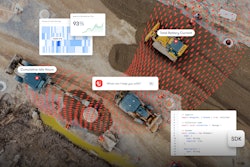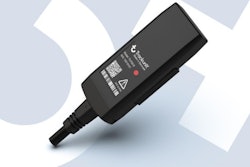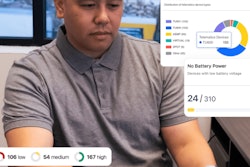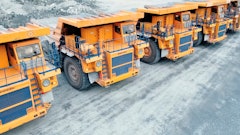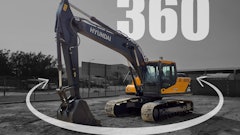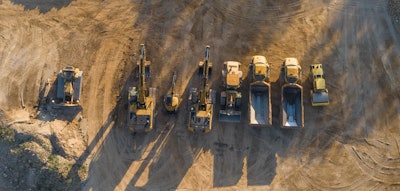
Trackunit has launched its new Emissions Reporting software which will support fleet owners’ ability to meet CO2 targets and acquire contracts with sustainability criteria. Emissions Reporting harnesses synthesized machine metadata and individual equipment profiling to unlock fleet emissions reporting for off-highway machines and equipment.
“Construction is complex and that has made it difficult for the industry to get really accurate figures on emissions,” said Lærke Ullerup, Trackunit’s chief marketing and product manager. “The solution and data model is uniquely able to include all equipment, connected and non-connected, using machine learning and the vast data pool to deliver emissions reporting with high accuracy. Effectively, it means no machine will be left behind.”
Ullerup said that the new software will minimize ‘guesstimating’ emissions numbers. Government- or state-mandated projects now typically require a raft of emissions-reporting stipulations that put an onus on contractors to demonstrate they are not just tracking, but also reducing their emissions.
“This software effectively puts users ahead of the game in a regulatory environment that is only moving in one direction in line with net-zero global targets,” said Ullerup. “It’s a critical addition to any construction company’s kit to develop their business, build profitability and contribute to a greener industry.”
The software can be used on machines in the off-highway sector and gives users an at-your-fingers display of emissions from all connected equipment enabling tracking and, where necessary, action to reduce emissions through the value chain.
“Our benchmark here is the car dashboard and while we’re not yet at a stage where we can emulate the kind of insight developed by the automotive industry, that has to be the kind of standard we adhere to,” said Ullerup. “That will help construction mimic how the car industry has partly been led by EU legislation to very effectively create a culture of ownership with its customers to take responsibility for their emissions in a relatively short period of time."
"We believe this new software in tandem with regulatory changes can help bring about a similar culture shift right down to the individual operators of machines,” Ullerup said.
Emissions Reporting should also enable smart deployment decisions to avoid the under-utilization of machinery and also offer brand-building opportunities through data-based validation of sustainability claims.
“This is a game changer and comes at a critical global juncture as construction does everything it can to eliminate downtime and mitigate against climate change,” said Ullerup. “Construction is responsible for circa 38% of global emissions so even moving that figure down just one percentage point would have a significant absolute effect on overall emissions.”




